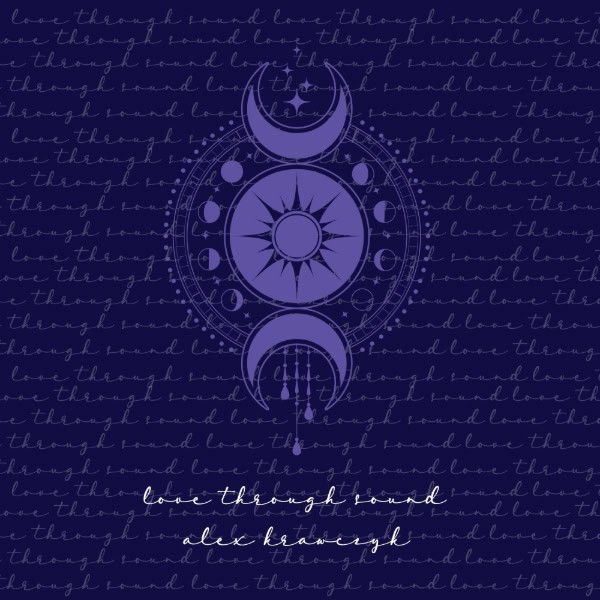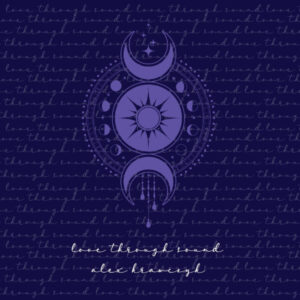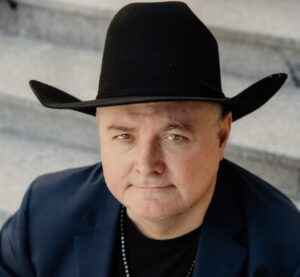There’s something uncanny about “Love Through Sound,” Alex Krawczyk’s newest offering. Not uncanny in the gothic sense, nor in the overtly political—but in the way it feels like it already existed. A song remembered rather than heard. It arrived on August 1, Jerry Garcia’s birthday, as if whispered into being by the same spectral hand that once guided the Grateful Dead across some psychic map of America, where myth, memory, and music intersect.
Krawczyk, a Canadian folk-pop artist often framed as gentle or introspective, doesn’t shout her intentions here. Instead, she slips them under the door, wrapped in references and reverence. Casey Jones, Cumberland mine, Uncle Sam’s blues—these are not merely winks at the Dead’s cosmology. They are signposts, relics of a larger cultural gospel. They locate the song within a mythic American narrative—one that stretches from the Dust Bowl to the Haight-Ashbury, through lost highways and quiet revolutions.
What’s arresting is how effortlessly Krawczyk navigates that terrain, not as a tourist, but as someone who seems to remember it. Her voice is clear, but not clinical—there’s a warmth, a tremor, a refusal to overstate. You listen not for grand drama, but for grace. That restraint becomes the song’s power. She sings “Your golden road has strangers shaking hands” not as a platitude, but a quiet proposition: what if music could still bring us together?
The arrangement is equally measured. Robbie Roth, her co-writer and producer, builds a sonic architecture that echoes more than it declares. Electric guitar lines by Tim Bovaconti and Caroline Marie Brooks hum like overheard conversations. Davide DiRenzo’s percussion lays back, almost reluctant to intrude. Robbie Grunwald’s keys drift in like fog. It’s music that lets the air in.
This is what makes “Love Through Sound” so deceptively potent. It isn’t a protest anthem, nor a nostalgia trip. It’s a song that understands its place in the long tradition of American music as collective memory. Like Greil Marcus might say of Dylan’s “Basement Tapes,” there’s a “weird old America” embedded here—a mythic space where time blurs and the voice singing is yours, and not yours.
And when Krawczyk repeats the refrain—“Love through sound”—it doesn’t land like a slogan. It sounds like a vow. A hope. A belief in music not as entertainment, but as a kind of communion. And in a fractured world still screaming across digital voids, maybe that’s the most radical sound of all.
In the end, “Love Through Sound” isn’t about Garcia, or the Dead, or even folk music. It’s about the thread that runs through all of it—the unseen hand that tunes our hearts to the same frequency, even if only for three and a half minutes.
And then it’s gone. And you’re changed.
–Gayle Martin







